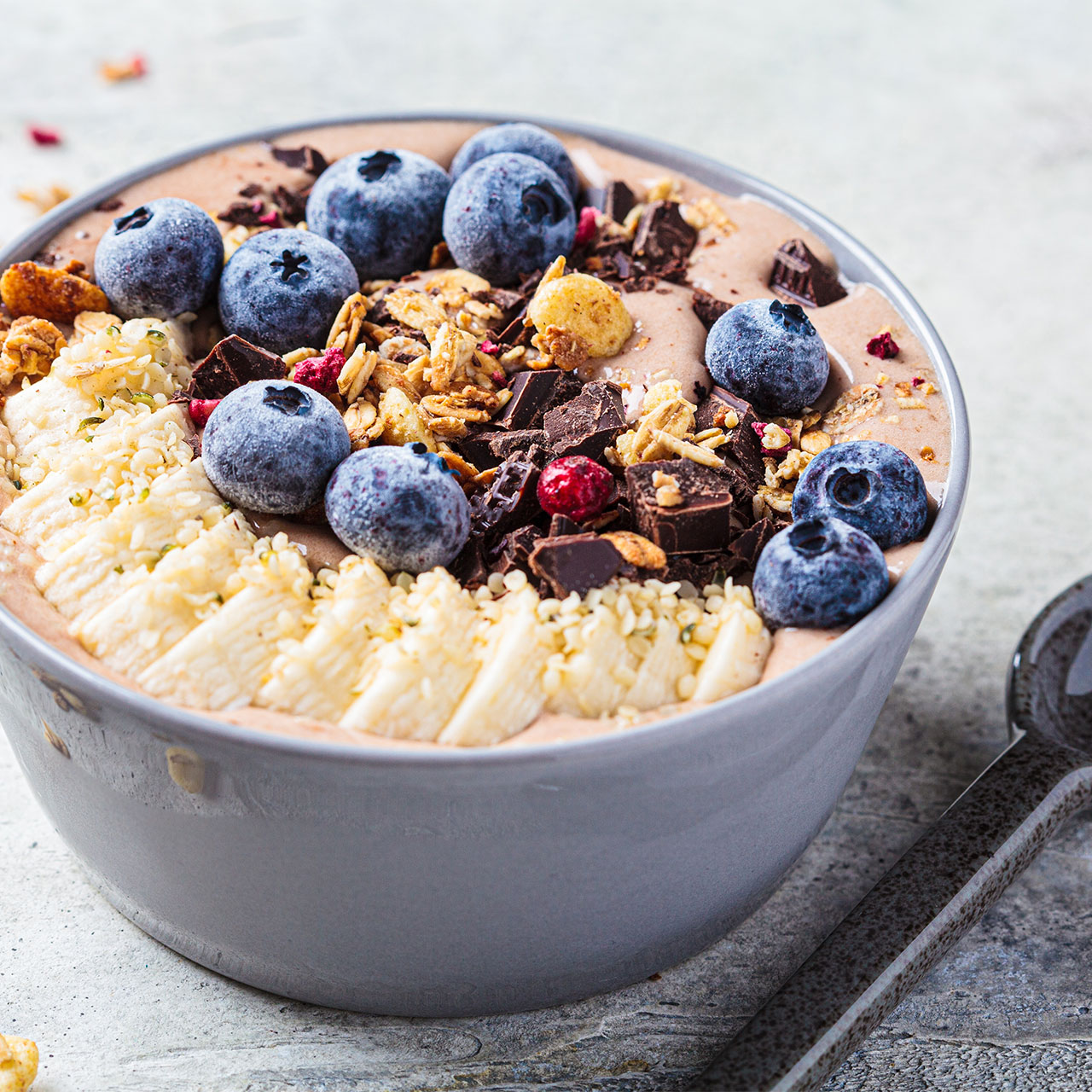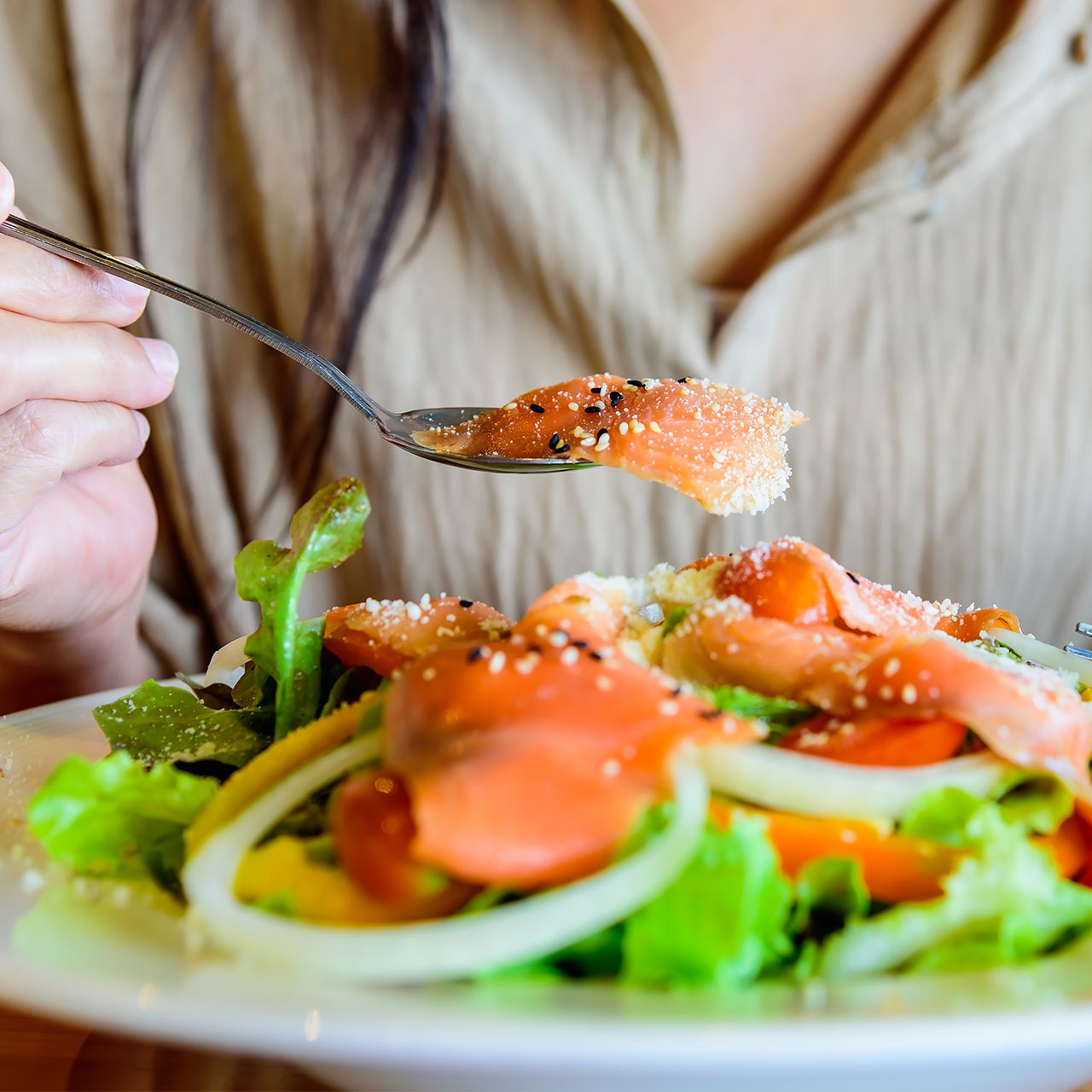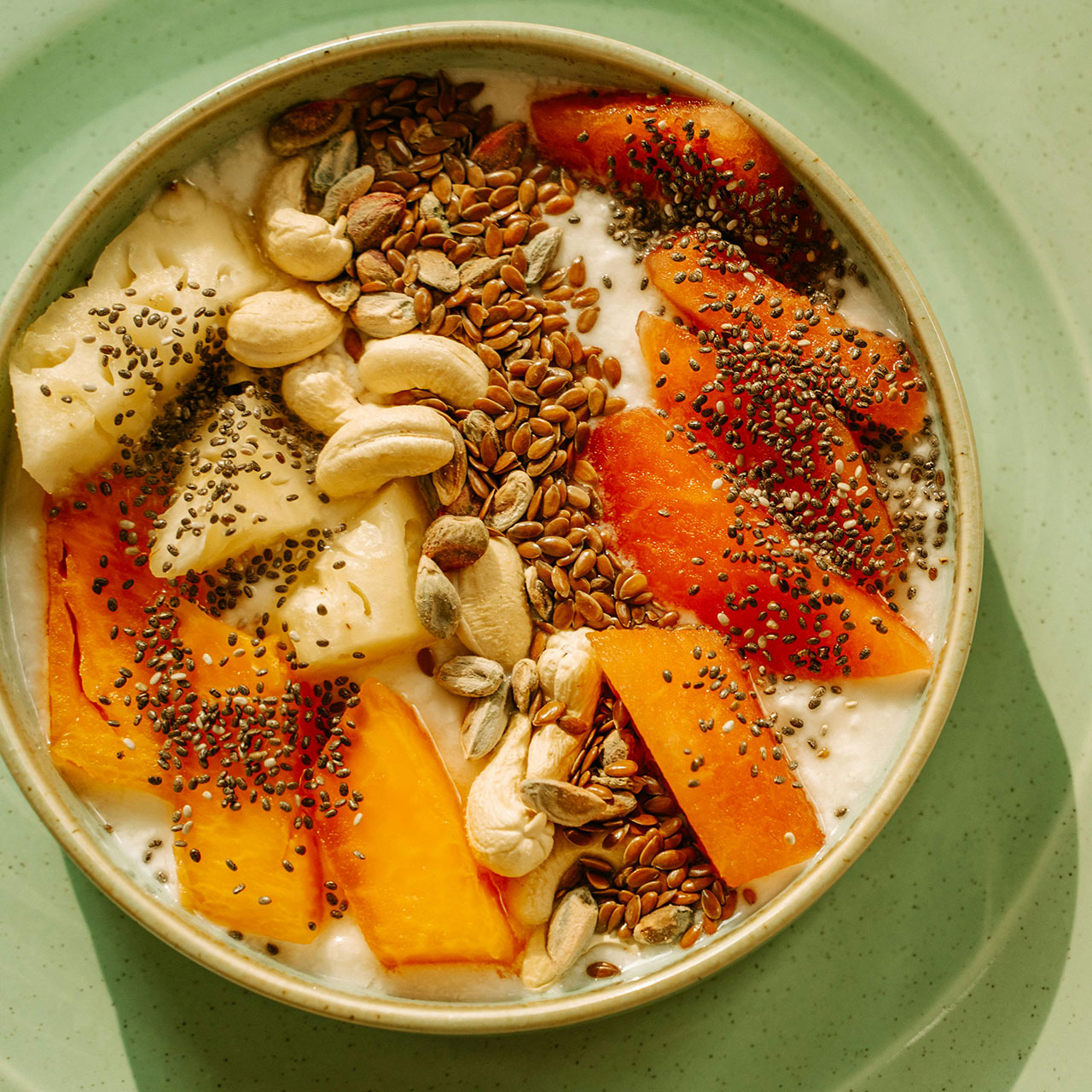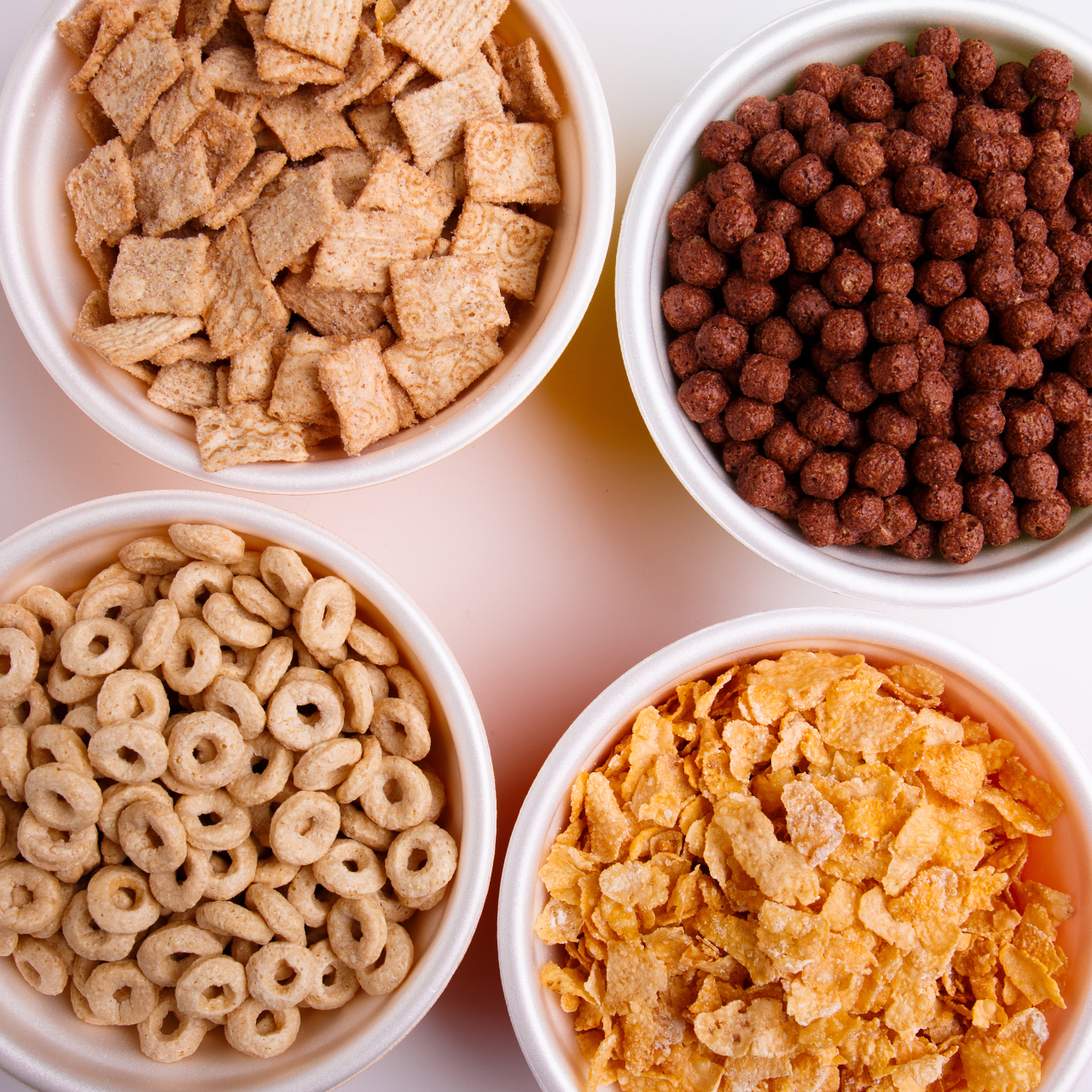Sugary beverages have become a ubiquitous part of modern diets, but their consumption is increasingly linked to various health concerns, including inflammation and the accumulation of visceral fat in the gut. These sugary drinks, often laden with added sugars and other additives, can have detrimental effects on the body.
We spoke with Catherine Gervacio, BHSc, RND, certified exercise nutrition coach from E-Health Project, to learn about three surprising sugary beverages you may want to minimize due to its affect on inflammation and gut fat. Gervacio revealed that fruit juices, sports drinks, and smoothies are the ones to watch out for.

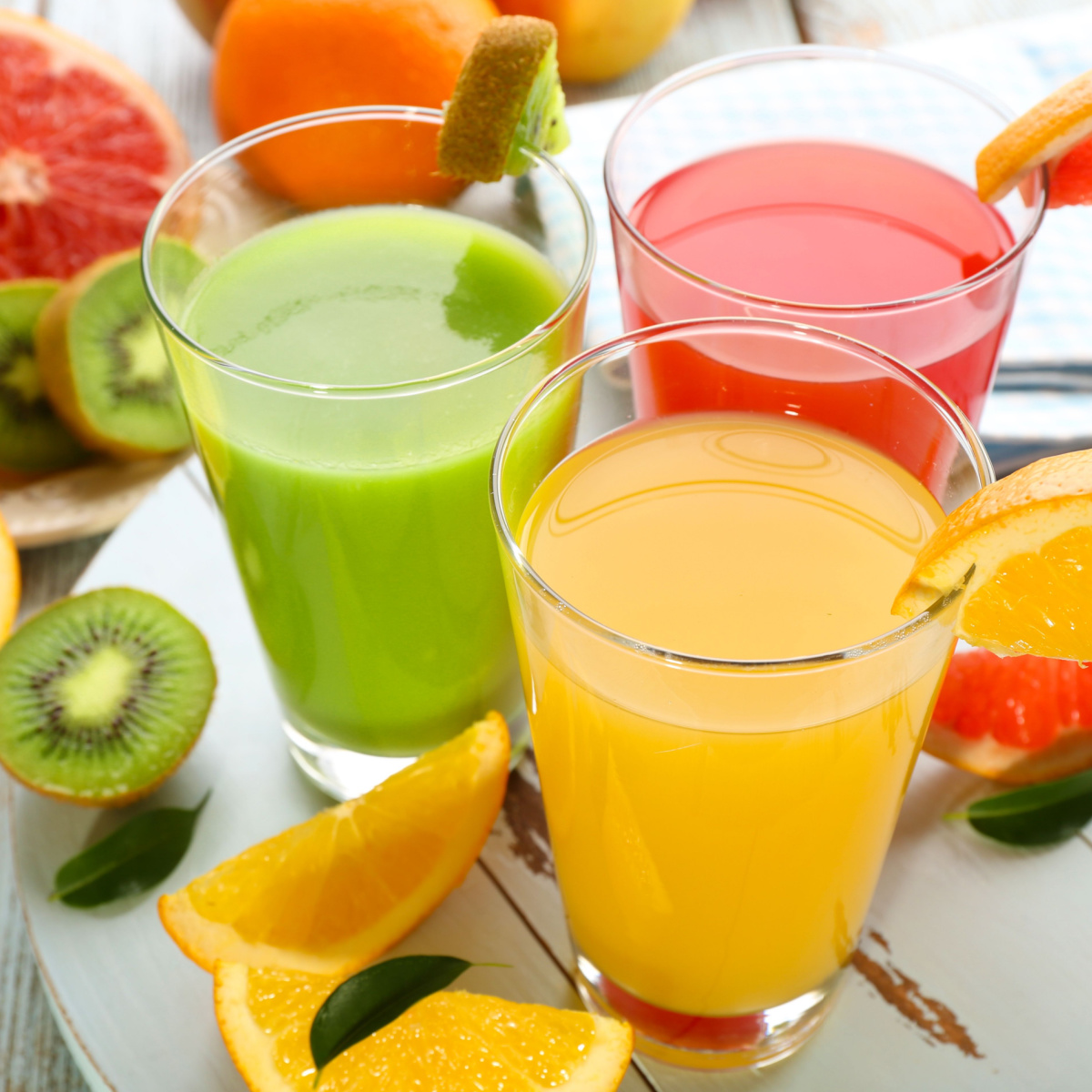
Fruit Juices
While fruit juices are often perceived as a healthier alternative to sugary sodas, their consumption may still contribute to inflammation and the accumulation of gut fat. Many commercial fruit juices contain added sugars and lack the fiber found in whole fruits, leading to a rapid spike in blood sugar levels. The concentrated fructose content in some fruit juices, especially those with added sugars, may also contribute to the deposition of visceral fat.
"Fruit juices may seem like the healthier options, but some commercially prepared ones have added sugar that can contribute to inflammation and abdominal fat. The rapid sugar spike caused by the sugar will impact gut health and insulin sensitivity, leading to inflammation and accumulation of fat in the abdominal area," Gervacio says.
There are many other healthier alternatives to this, and Gervacio recommends to "prepare your fruit juice by squeezing it right from a fresh fruit. Another option is to enhance the water with natural flavors using slices of fruits like lemon, apple, or oranges."
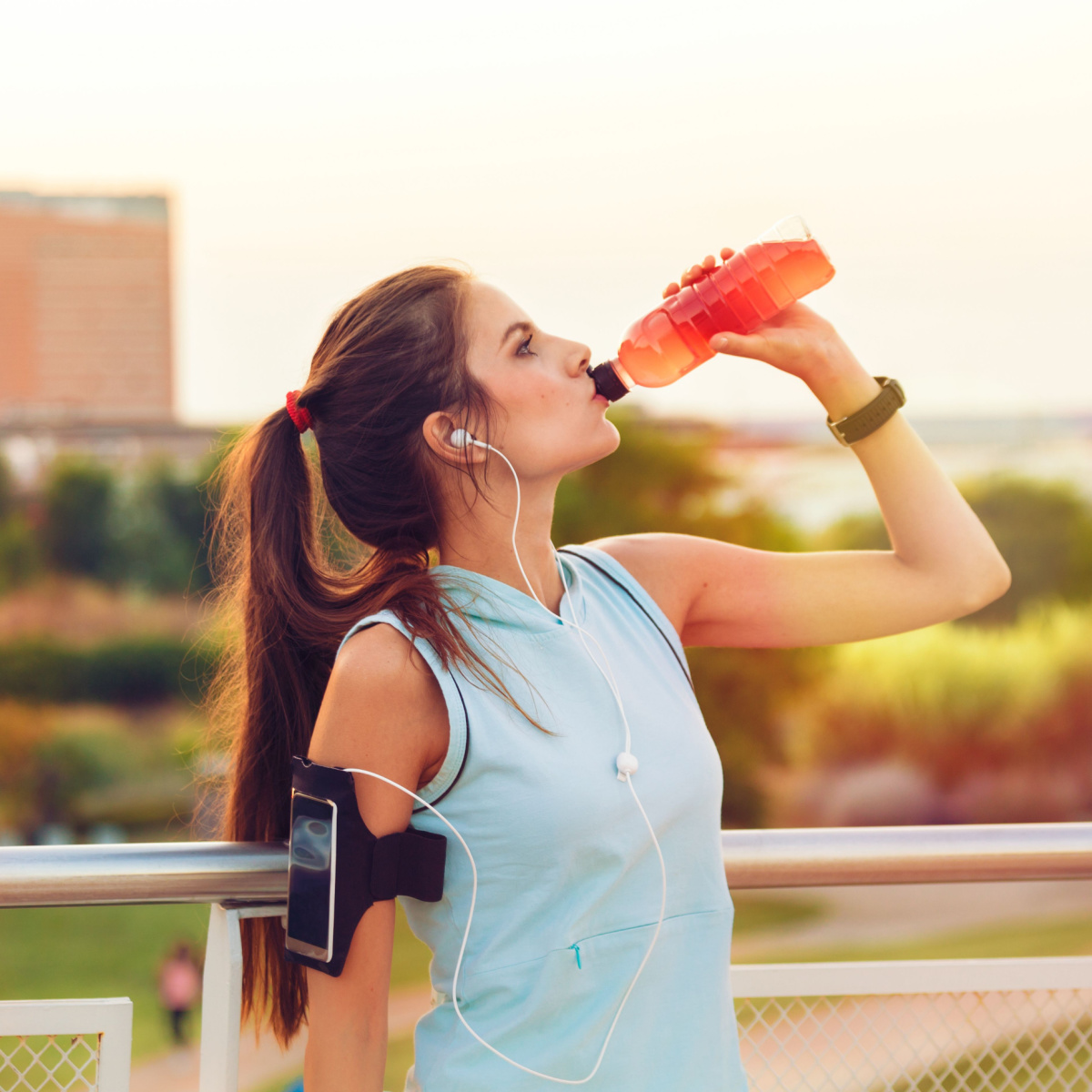
Sports Drinks
Sports drinks, designed to replenish electrolytes and provide energy during intense physical activity, may have links to inflammation and the accumulation of gut fat when consumed inappropriately. While these beverages can be beneficial for athletes engaged in prolonged and vigorous exercise, their high sugar content can pose health risks when consumed casually or in excessive amounts. The added sugars can potentially leading to weight gain and the accumulation of visceral fat in the abdominal area. Additionally, the rapid spikes in blood sugar levels caused by the sugars in sports drinks may trigger an inflammatory response in the body, especially if these beverages are consumed regularly outside the context of rigorous physical activity.
Gervacio explains further by stating, "they also contain added sugars that may affect inflammation and gut fat due to insulin response. High intake of sugar may result in insulin resistance promoting storage of fat. In addition to that, the electrolyte balance in some sports drinks is not necessary for everyday hydration. Consuming too much of it can have various effects on the body and may affect fluid balance, cellular function, and nerve impulses, which may stress the body and contribute to inflammation."
She recommends considering coconut water as an alternative to replenish the body with water and electrolytes is a viable choice. However, pure water remains the optimal option, particularly when not engaged in physical activity or exposed to high temperatures that induce excessive sweating.
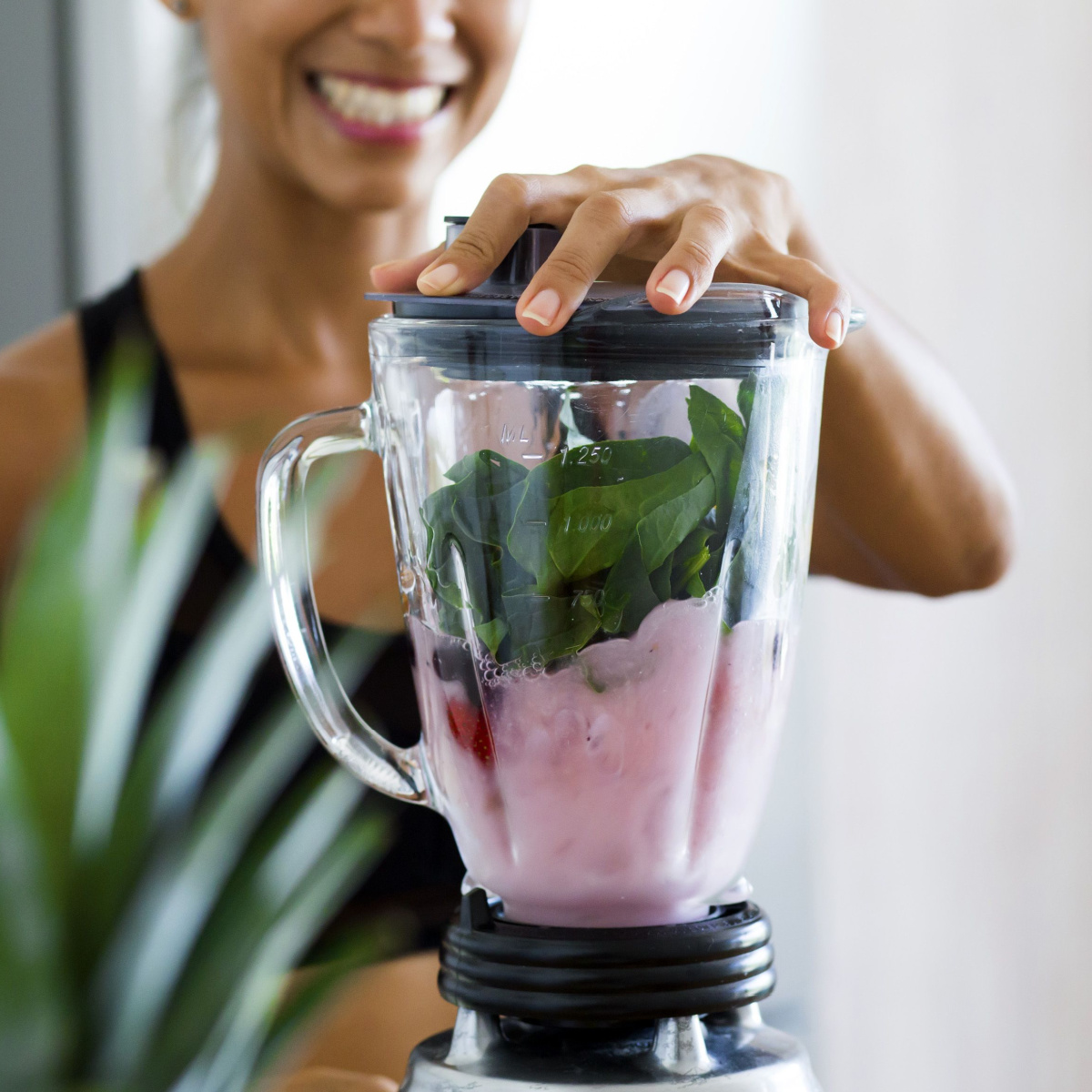
Smoothies
Smoothies, often touted as a nutritious option, can have links to inflammation and the accumulation of gut fat depending on their ingredients. While smoothies can be packed with vitamins, minerals, and fiber from fruits and vegetables, some recipes may include excessive amounts of added sugars, high-calorie sweeteners, or large portions of calorie-dense ingredients like nut butters and full-fat dairy. Consuming smoothies with high sugar content can contribute to an increased calorie intake, potentially leading to weight gain and visceral fat accumulation. Moreover, the rapid ingestion of liquid calories may not trigger the same satiety signals as solid foods, potentially leading to overconsumption.
"Pre-made smoothies or those that are commercially available may also have added sugars. Aside from contributing to insulin resistance, added sugars may also disrupt gut microbiota balance by promoting the growth of harmful bacteria. This may cause inflammation," Gervacio notes.
She suggests to opt to craft your smoothies without incorporating additional sugars is advisable. The inherent sweetness of fruits can adequately enhance the flavor, complemented by the richness of other nutritious ingredients such as dairy, yogurt, nuts, and oats.








